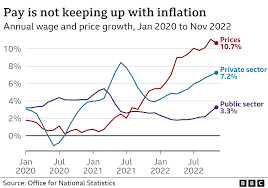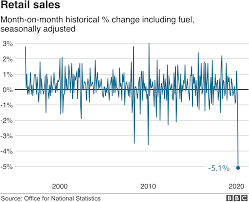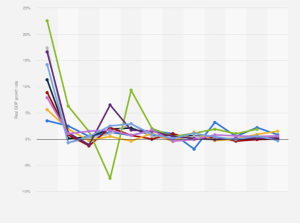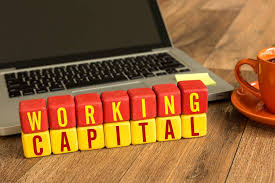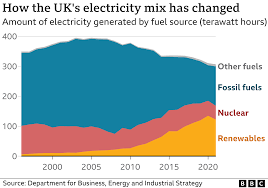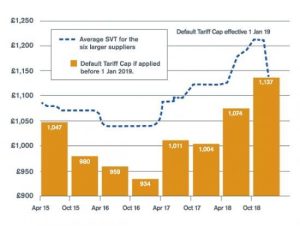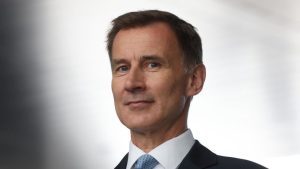Colorado is famous for its striking natural beauty and robust economy, but small businesses are driving its development. These vital companies serve as a vital element of communities across Colorado while supporting economic expansion; yet sometimes entrepreneurs struggle to secure financing for their enterprises. Colorado

entrepreneurs turn to different sources for business loans in order to help their enterprise meet growth and achievement of its goals; here we explore these avenues while offering advice for finding suitable loans options in this article.
Colorado entrepreneurs needing financing will depend on the needs and type of business they operate to determine the appropriate loan option. Popular loan types for entrepreneurs in Colorado include working capital loans, line of credit loans and term loans. A working capital loan provides access to funds necessary for everyday expenses like inventory purchases, utility payments and operational expenses; its flexible terms allow it to cover short-term cash flow fluctuations as needed.
Term loans are an efficient form of business financing that can cover almost every expense your company faces. They’re typically secured against assets like commercial real estate or equipment and feature fixed interest rates to make managing them simpler – an ideal solution for purchasing inventory, expanding operations and other purposes.

A line of credit is an innovative form of business financing that enables you to access funds at any time, paying only for what is used. This makes this financing tool perfect for managing fluctuations in cash flow as it gives you flexibility over when payments can be made.
Colorado business owners seeking to make large purchases or expand operations will find term loans an attractive solution. Backed by collateral such as an asset or personal guarantee, and featuring fixed interest rates. There are also other short-term and unsecured options available here in Colorado.
Colorado Startup Loan Fund Program can also offer business loans. This loan program was specifically created to aid underserved Colorado startups and small businesses, while offering business financing as well as training paths designed to get your company off to an excellent start.
As you work to secure a business loan in Colorado, it is important to remember that not all lenders are created equal. Some will impose minimum credit score requirements before approval for loans while other providers might provide better rates or flexible terms. To maximize your chances of securing one successfully, monitor your credit score regularly while paying all bills promptly.
